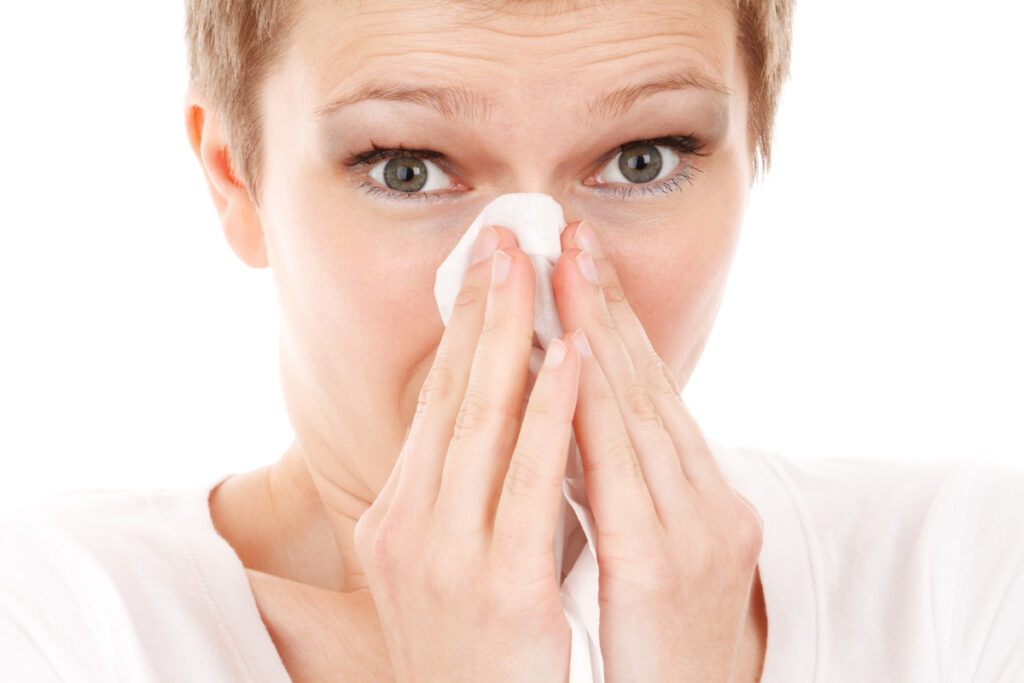
It’s that time of year again when people should get a flu jab to protect against sniffles and sore throats.
Bundaberg Region health professionals are reminding residents to book in for an influenza vaccination to help prevent the spread of the virus.
Ashfield Country Practice registered nurse and senior practitioner Barbara Coyne said the Wide Bay area’s influenza season peaked in September last year, with the coming weeks the best time to get the jab.
“We recommend vaccination between the end of April and beginning of May,” she said.
“That gives time for the vaccine to have optimal affect.”
Ms Coyne said for those who were most at risk of catching influenza, it was important to keep up to date with vaccinations each year.
“The most at risk are the elderly (over 65), those with medical conditions and those under five years old,” she said.
“Every year the flu strains change and so does the vaccine, which is why it is so important to keep on top of you vaccinations.”

Ms Coyne said it was also imperative for the elderly to acquire the proper vaccine for their age group.
“A separate vaccine has been made available for those who are 64 years old and over,” she said.
Research has shown that as we age our immune system becomes impaired and does not take on the regular vaccine (four strain)as well as it used to.
“A three-strain vaccine has been developed which helps boost the immune system for the elderly.”
Flu jab myths busted
Ms Coyne said there were many myths surrounding the influenza vaccination, including the belief that getting the shot could cause a patient to contract the virus.
“In general language we use the term ‘flu’ very openly and we often use it to describe the common cold. That’s where the misconceptions lies,” she said.
“Sometimes when you get vaccinated you do develop what some might think are ‘flu-type symptoms’ but you don’t actually contract the flu; it isn’t a live vaccine.
“The flu vaccine does not give you influenza.”
Ms Coyne said education was needed around the term “flu” and “cold”, two very different viruses with very different complications.
“The flu vaccine does not prevent the common cold, it prevents Influenza A and B,” she said.
“Those are the viruses that can actually cause hospitlisations and in the most extreme cases, death.”
Flu jab cost depends on circumstances
Ms Coyne said the cost of the flu vaccination depended largely on each individual’s circumstances.
“If you fall into categories that the government funds for, which is the over 65s, Aboriginal and Torres Strait Islanders, children under five, pregnant women and the medically at risk, the vaccination is free,” she said.
“For everyone else, the average cost depends on the doctor or pharmacist and can range between $17 and $20.”
What more can you do?
Whether you are vaccinated for influenza or not, Ms Coyne said it was still important to practice good hygiene, especially in flu season.
“Hand washing is the most important,” she said.
“If you do have a cold or have been diagnosed with influenza, don’t go out in public; stay at home and get a good rest so the virus has time to exit your system.”
For more information on the flu jab vaccine, click here.







